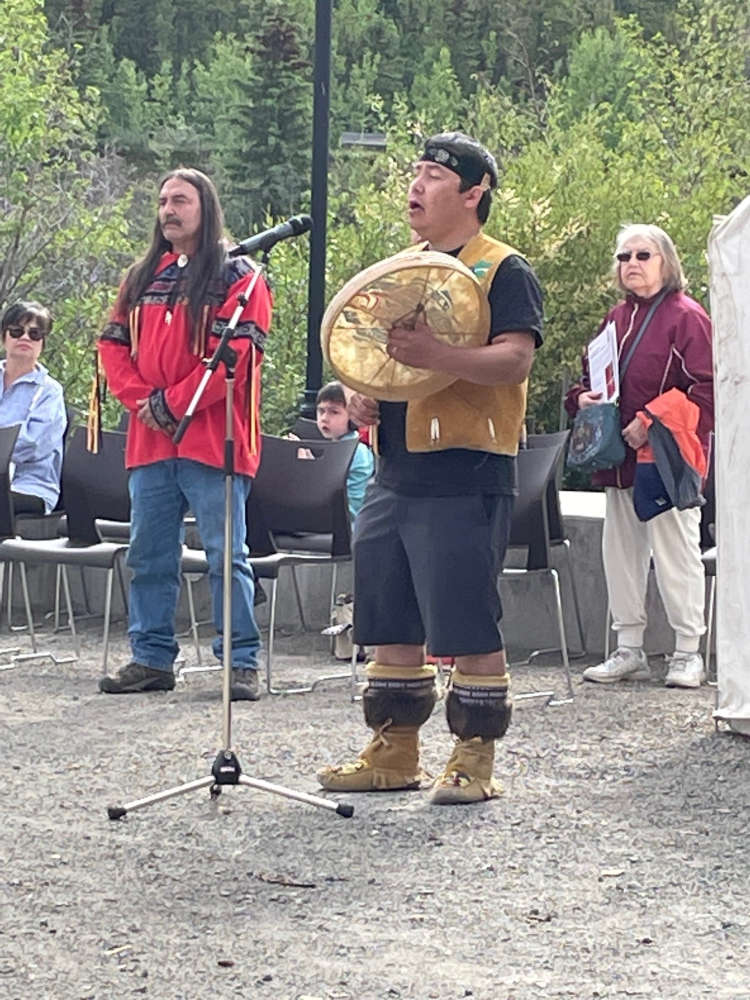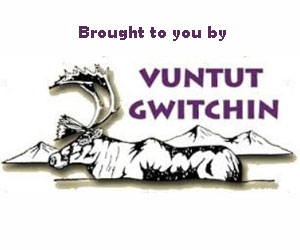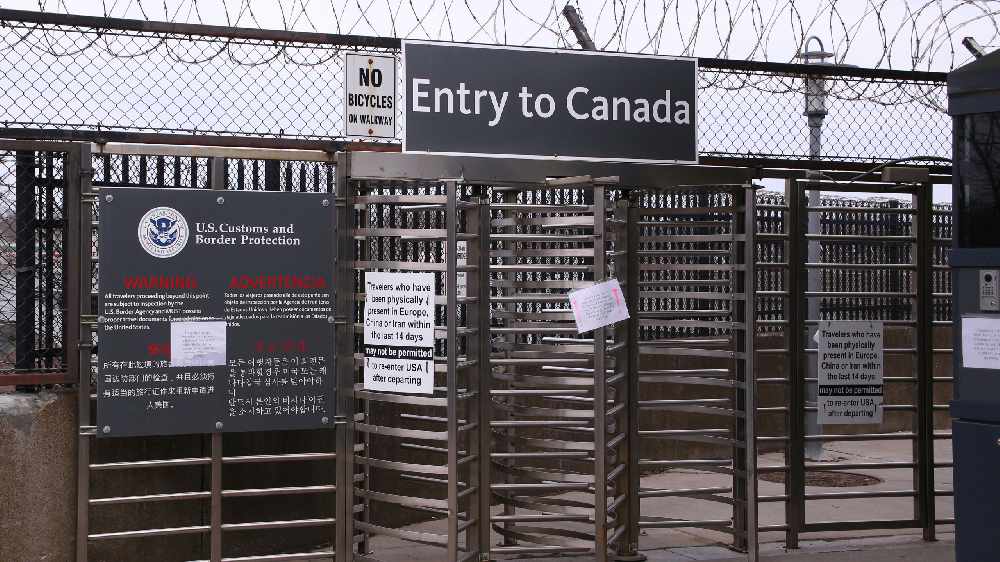
Public Safety Minister Bill Blair announced Friday that the federal government will keep the land border closed until Sept. 21.
OTTAWA -- Canadian and U.S. government officials have announced to keep border between the two countries closed to non-essential travel for another month. Both countries are ongoingly working on stopping the spread of COVID-19 with different levels of results.
American traveler’s destined for Alaska, the most northerly state – only reachable via Canadian soil or air, have been limited to five crossings in Western Canada and they must commit to taking a direct route through Canada who are ostensibly on their way to Alaska.
While Canada indicates a total of 121,760 Coronavirus cases with 9,021 deceased due to the virus, the US indicates a 5,320,000 infected and 168,000 deceased based on about 10 times to total population in the United States.
The Canada–United States border, officially known as the International Boundary, is the longest international border in the world between two countries.
Arriving from the United States
If you are a foreign national arriving from the United States, to enter Canada, you must prove to the CBSA that you:
- are travelling for a non-discretionary (essential) purpose or are an immediate family member
- are not presenting signs or symptoms of COVID-19
- have a plan to quarantine for 14 days, unless exempted
All discretionary/optional travel remains prohibited.
Transiting through Canada to Alaska
As of July 31, 2020, at 12:01 am PDT, if you are transiting through Canada to Alaska for a non-discretionary (essential) reason, you must follow stricter rules and meet additional entry conditions.
Specifically, you have to enter Canada at one of the following ports of entry (POE):
- Abbotsford-Huntingdon (British Columbia)
- Coutts (Alberta)
- Kingsgate (British Columbia)
- North Portal (Saskatchewan)
- Osoyoos (British Columbia)
If you arrive at a non-identified POE for the purpose of transiting to Alaska, the CBSA will deny you entry and advise you to go to one of the five identified POEs.
No matter the reason for travel, if you have COVID-19 or exhibit any signs or symptoms of COVID-19, you will not be allowed to enter Canada.
Providing false information to a BSO may lead to consequences such as being denied entry and/or banned from returning to Canada.
Following admission into Canada, you:
- will be allowed a reasonable period of stay to carry out the transit
- must limit your travel within Canada to the most direct route to your intended POE of exit, avoiding all national parks, leisure sites and tourism activities
- must report to the nearest CBSA POE to confirm your exit from Canada, before entering the U.S.
The CBSA will issue you a vehicle "hang tag" to attach to your rear view mirror for the duration of your transit. The tag will include the date you must depart Canada as well as information on the conditions imposed upon entry, the Quarantine and Emergencies Acts and a list of public health and safety measures to follow. These measures include:
- avoiding contact with others while in transit
- remaining in the vehicle as much as possible
- not making any unnecessary stops
- practicing physical distancing at all times
- paying at the pump if you need gas
- using a drive-through if you need food
- wearing a suitable mask or face covering while in transit
- ensuring good hygiene practices if you need to use a rest area
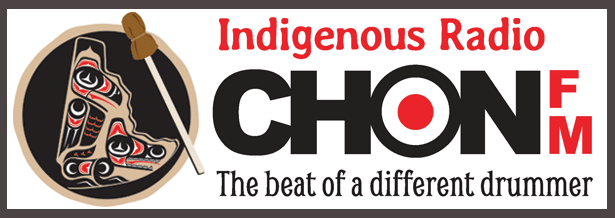
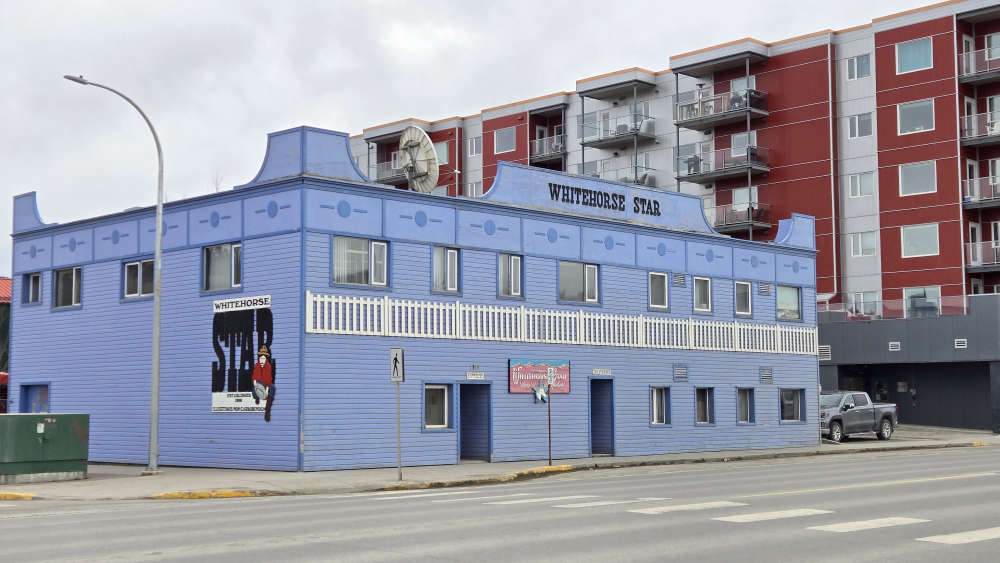 The end of one Star sparks the birth of another
The end of one Star sparks the birth of another
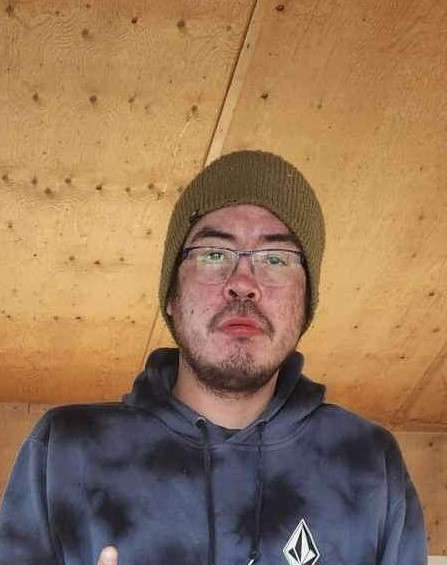 UPDATE: Missing First Nations Haines Junction residents located
UPDATE: Missing First Nations Haines Junction residents located
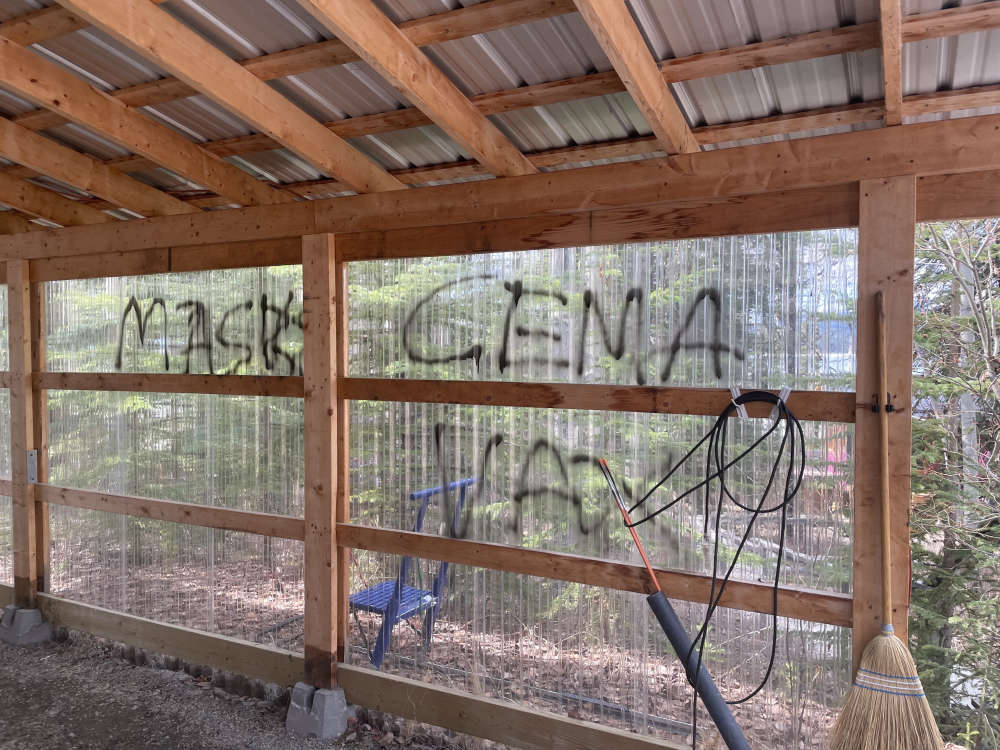 Minister's home vandalized with threats and profanity
Minister's home vandalized with threats and profanity
 Whitehorse Community Thrift Store donates $100K to community organizations.
Whitehorse Community Thrift Store donates $100K to community organizations.
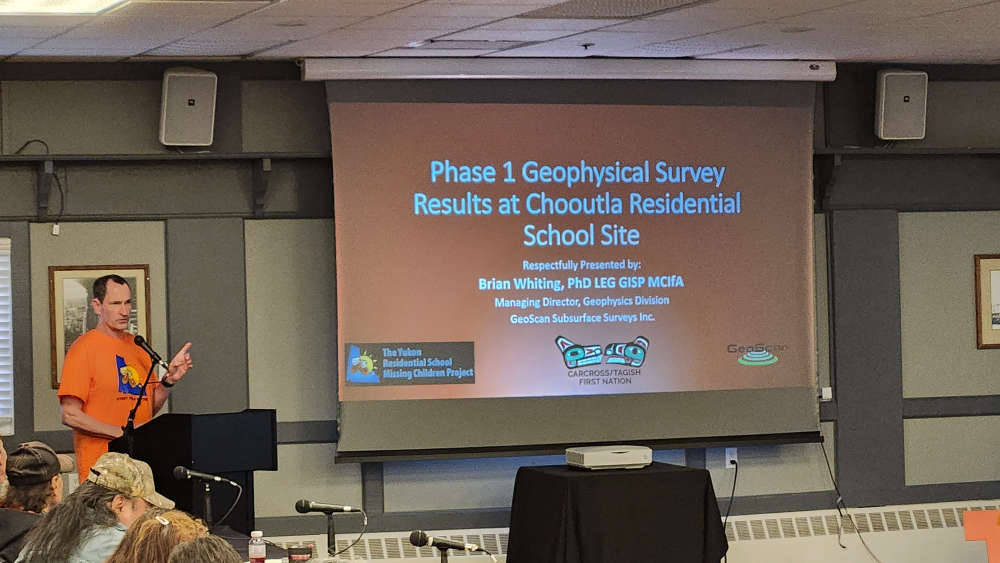 Whitehorse residential school ground searches completed
Whitehorse residential school ground searches completed
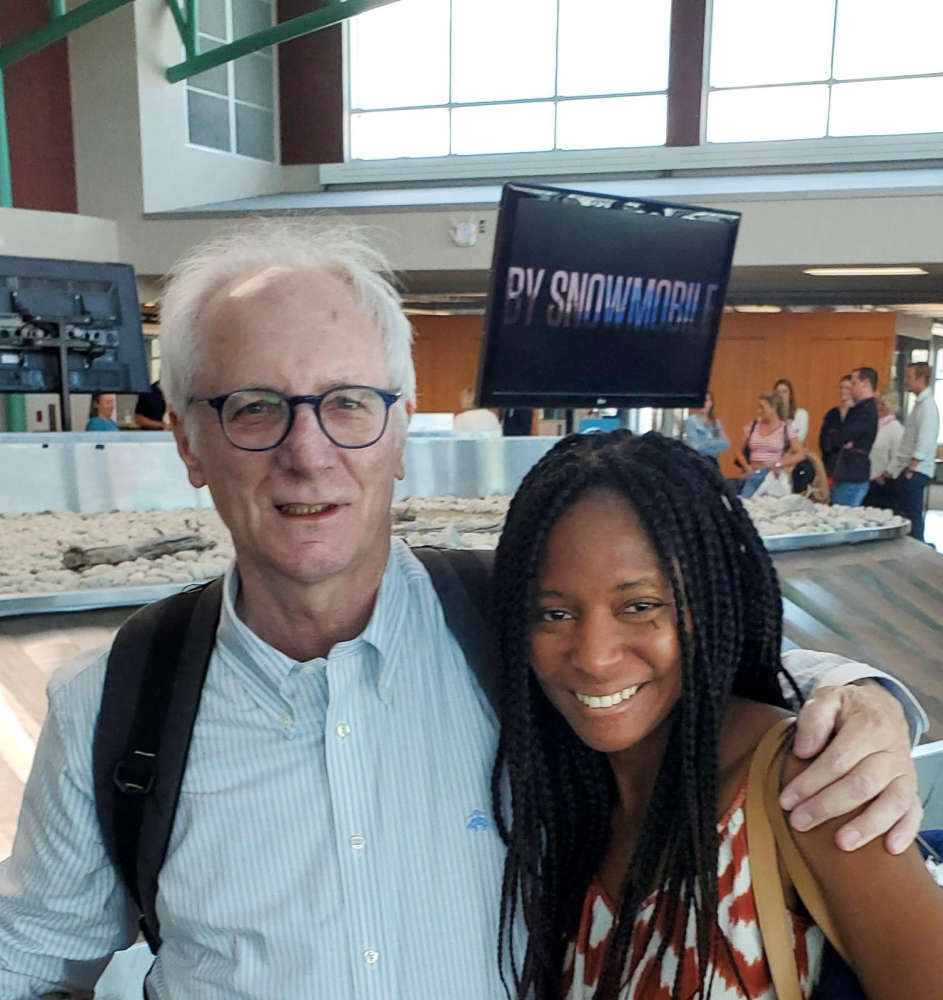 Arrested parent accuses department of Education of escalating matters at Holy Family School
Arrested parent accuses department of Education of escalating matters at Holy Family School
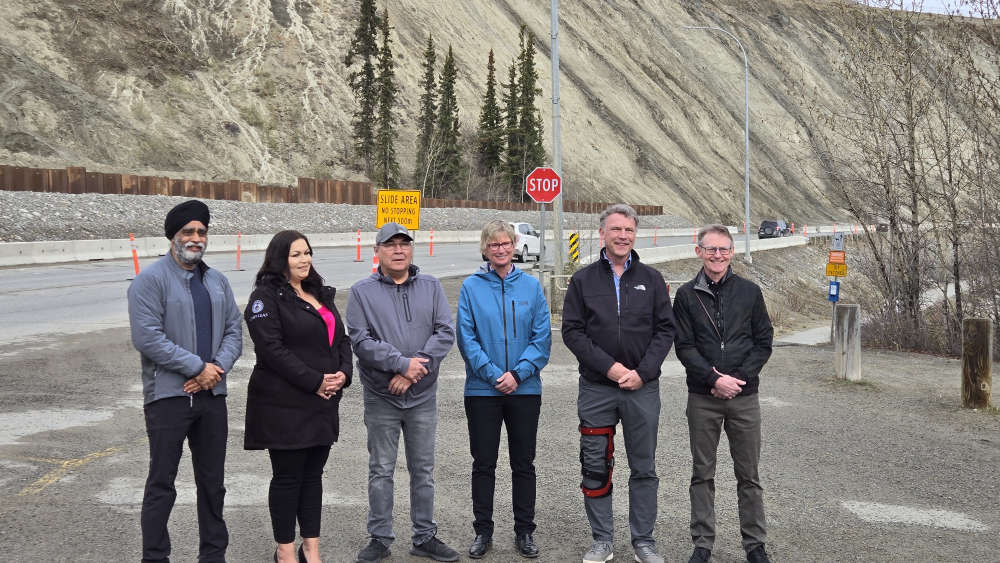 Government of Canada announce over $45M to protect Whitehorse Escarpment and Robert Service Way
Government of Canada announce over $45M to protect Whitehorse Escarpment and Robert Service Way
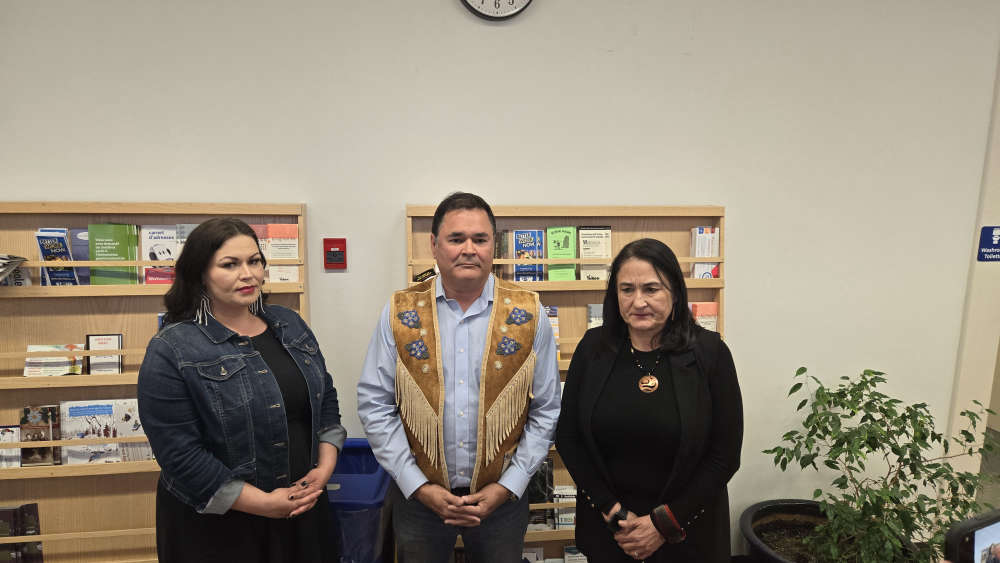 Yukon government passes Health Authority Act
Yukon government passes Health Authority Act
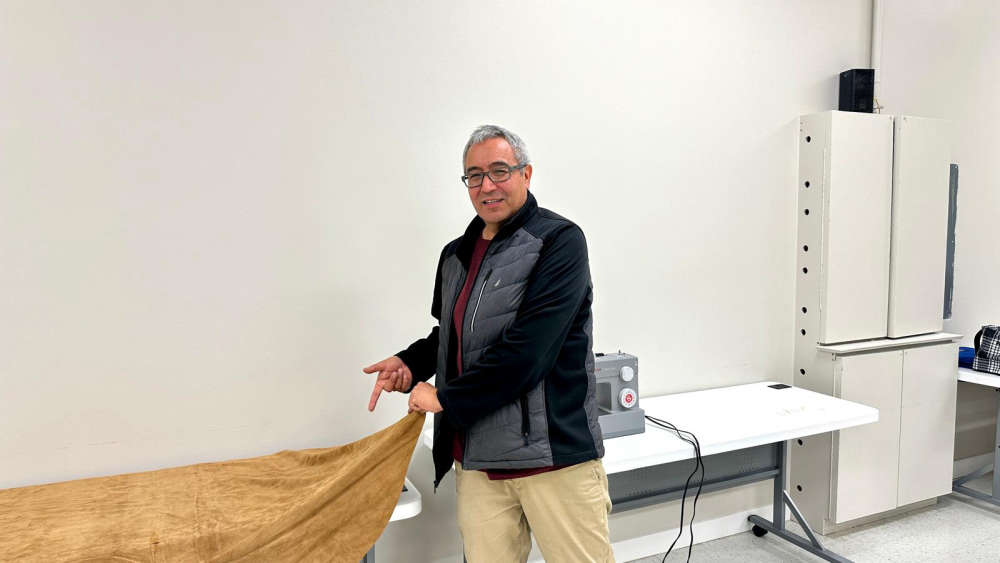 Regalia workshop for special traditional occasions holds in Whitehorse
Regalia workshop for special traditional occasions holds in Whitehorse
 Unity in the Community Walk for four Yukon women who died at the Whitehorse Emergency Shelter held in Whitehorse
Unity in the Community Walk for four Yukon women who died at the Whitehorse Emergency Shelter held in Whitehorse
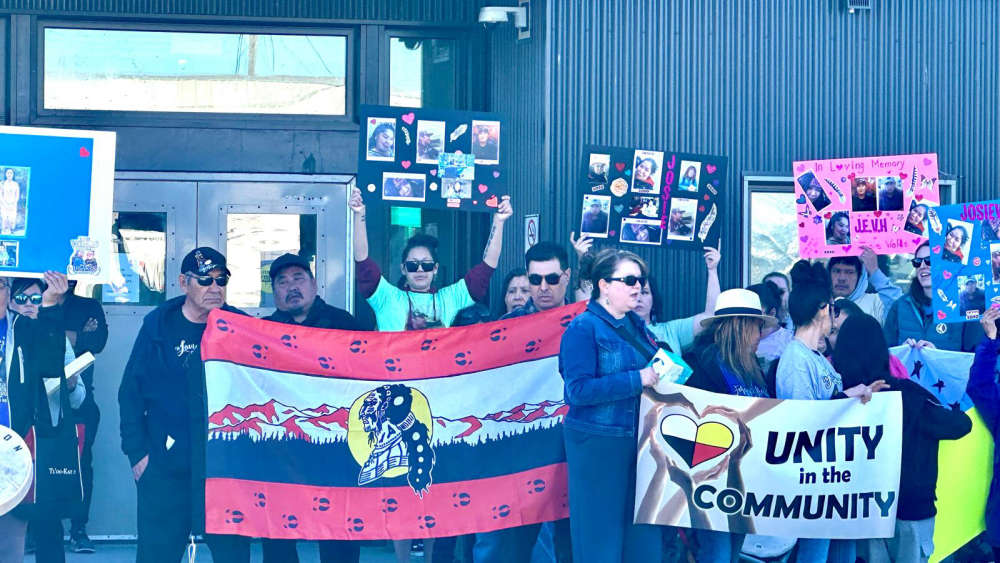 Testimony hearing into the deaths of four Yukon women comes to an end.
Testimony hearing into the deaths of four Yukon women comes to an end.
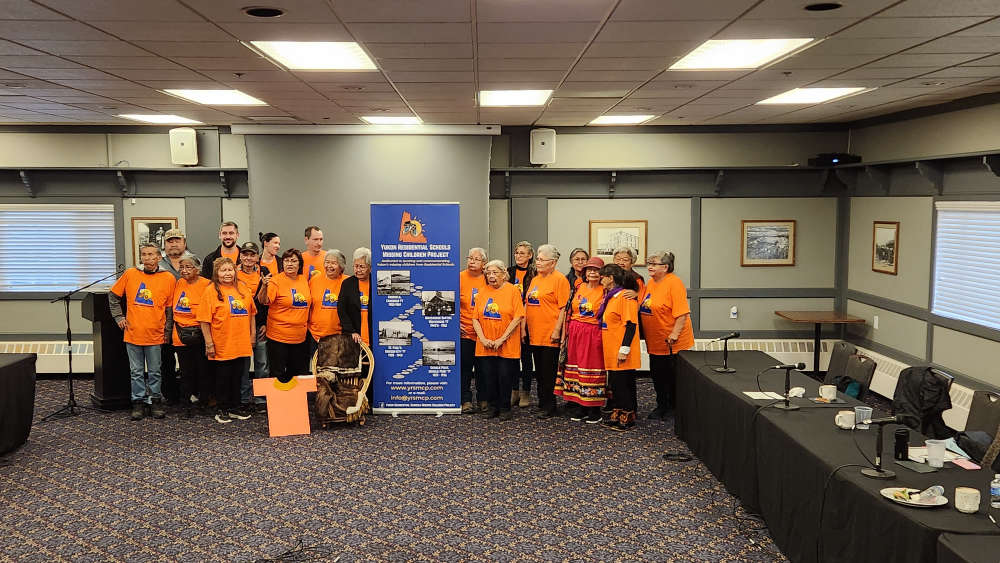 Ground searches at two former Whitehorse residential school sites begin this week
Ground searches at two former Whitehorse residential school sites begin this week
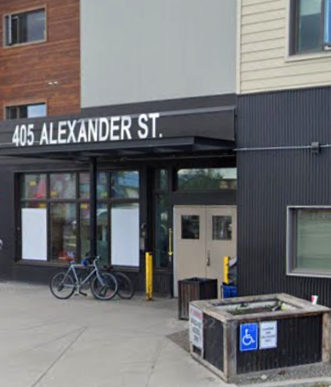 Coroner's Inquest sees footage of lifeless body ignored for more than 12 hours
Coroner's Inquest sees footage of lifeless body ignored for more than 12 hours
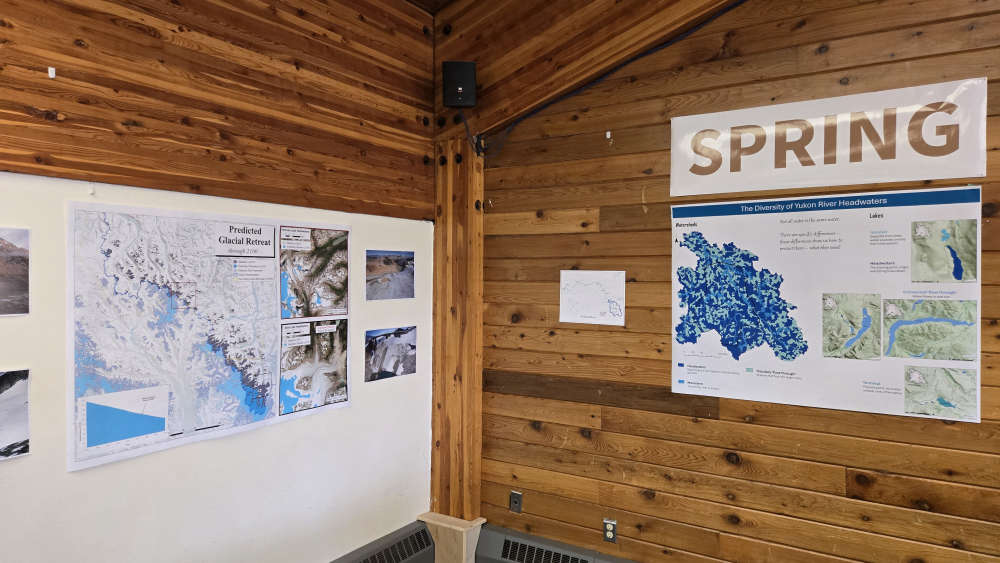 How We Walk with the Land and Water holds two open houses
How We Walk with the Land and Water holds two open houses
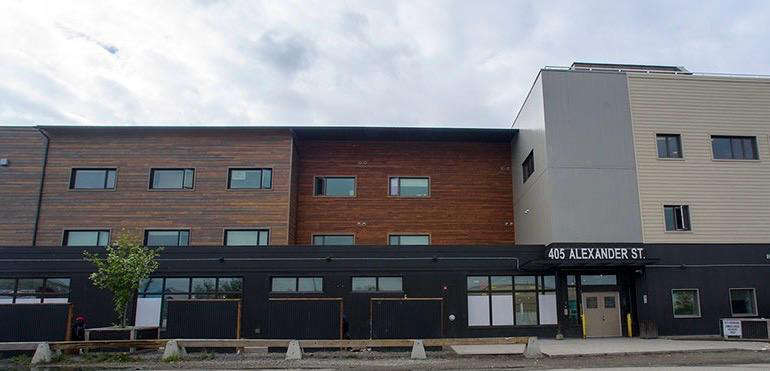 Whitehorse Emergency Shelter staff not trained for emergencies, inquest hears
Whitehorse Emergency Shelter staff not trained for emergencies, inquest hears
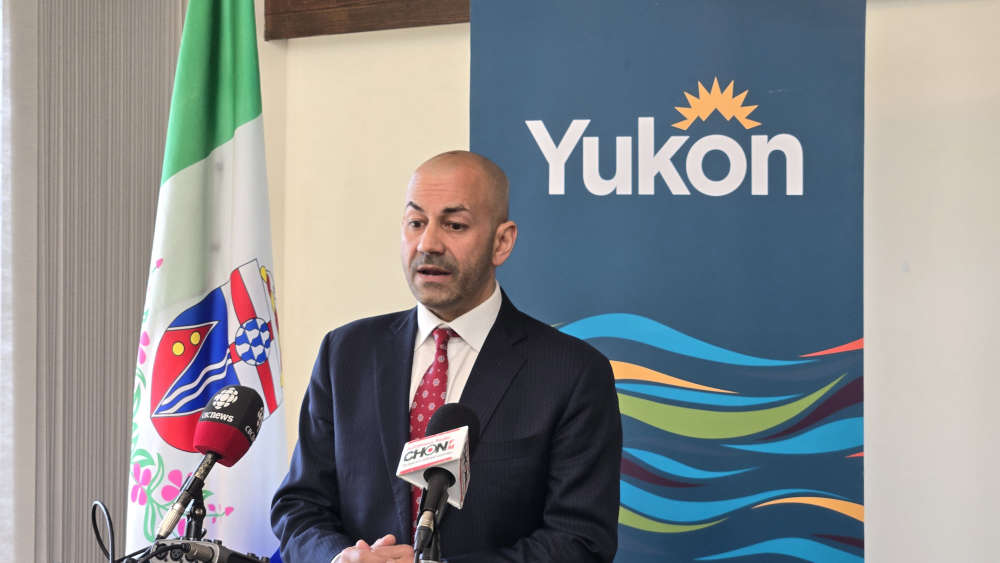 Premier pledges to meet with Yukoners living in tents to help them find housing
Premier pledges to meet with Yukoners living in tents to help them find housing
